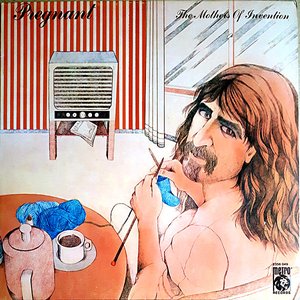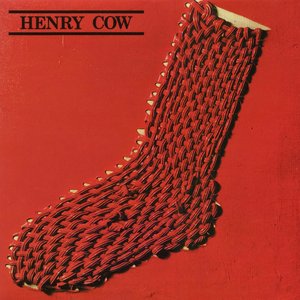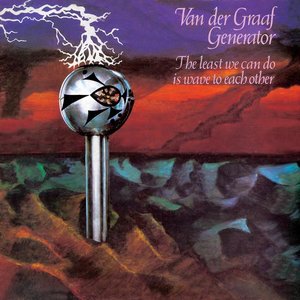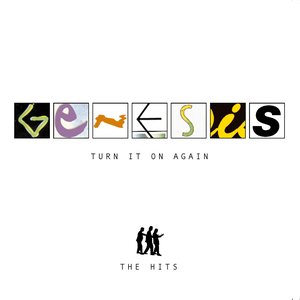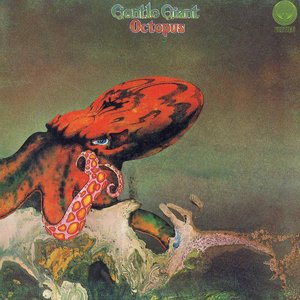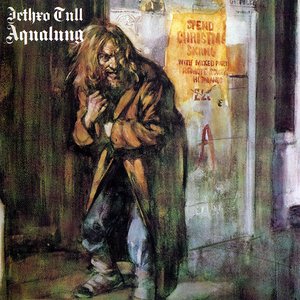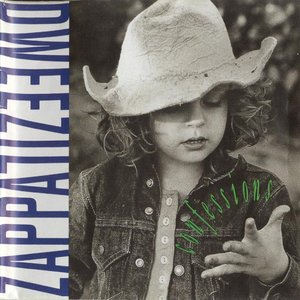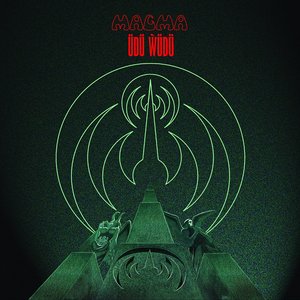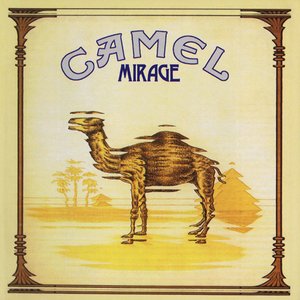Wiki
-
Data de lançamento
21 Abril 1969
-
Duração
31 faixas
Just three years into their recording career, the Mothers of Invention released their second double album, Uncle Meat, which began life as the largely instrumental soundtrack to an unfinished film. It's essentially a transitional work, but it's a fascinating one, showcasing Frank Zappa's ever-increasing compositional dexterity and the Mothers' emerging instrumental prowess. It was potentially easy to overlook Zappa's melodic gifts on albums past, but on Uncle Meat, he thrusts them firmly into the spotlight; what few lyrics there are, Zappa says in the liner notes, are in-jokes relevant only to the band. Thus, Uncle Meat became the point at which Zappa began to establish himself as a composer and he would return to many of these pieces repeatedly over the course of his career. Taken as a whole, Uncle Meat comes off as a hodgepodge, with centerpieces scattered between variations on previous pieces, short concert excerpts, less-realized experiments, doo wop tunes, and comedy bits; the programming often feels as random as the abrupt transitions and tape experiments held over from Zappa's last few projects. But despite the absence of a conceptual framework, the unfocused sprawl of Uncle Meat is actually a big part of its appeal. It's exciting to hear one of the most creatively fertile minds in rock pushing restlessly into new territory, even if he isn't always quite sure where he's going. However, several tracks hint at the jazz-rock fusion soon to come, especially the extended album closer "King Kong"; it's his first unequivocal success in that area, with its odd time signature helping turn it into a rhythmically kinetic blowing vehicle. Though some might miss the gleeful satire of Zappa's previous work with the Mothers, Uncle Meat's continued abundance of musical ideas places it among his most intriguing works.
As descrições de álbuns na Last.fm podem ser editadas por todas as pessoas. Sinta-se à vontade para contribuir!
Todo o texto inserido pelo usuário nesta página está disponível sob a licença Creative Commons Attribution/ShareAlike; termos adicionais podem ser aplicados.
